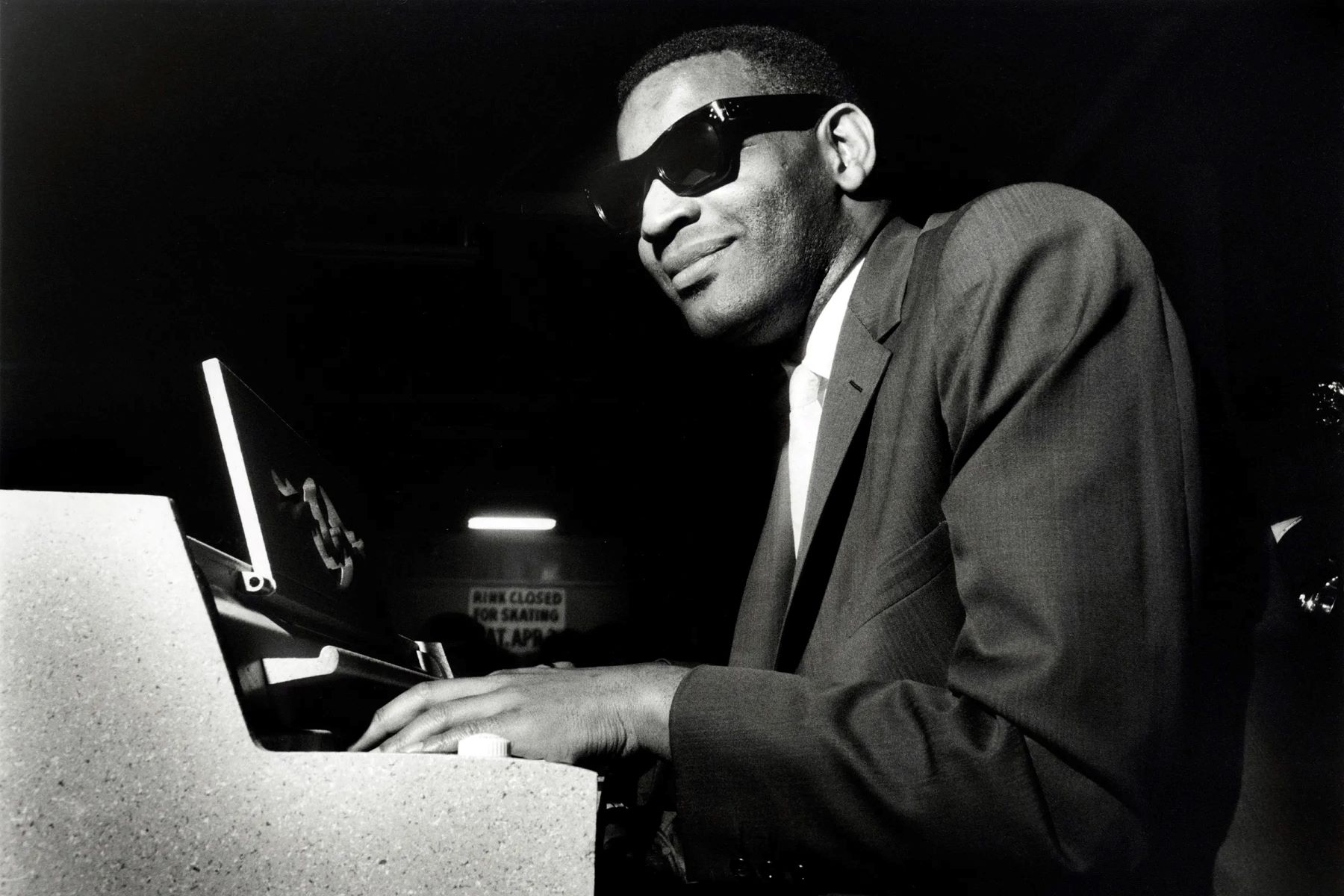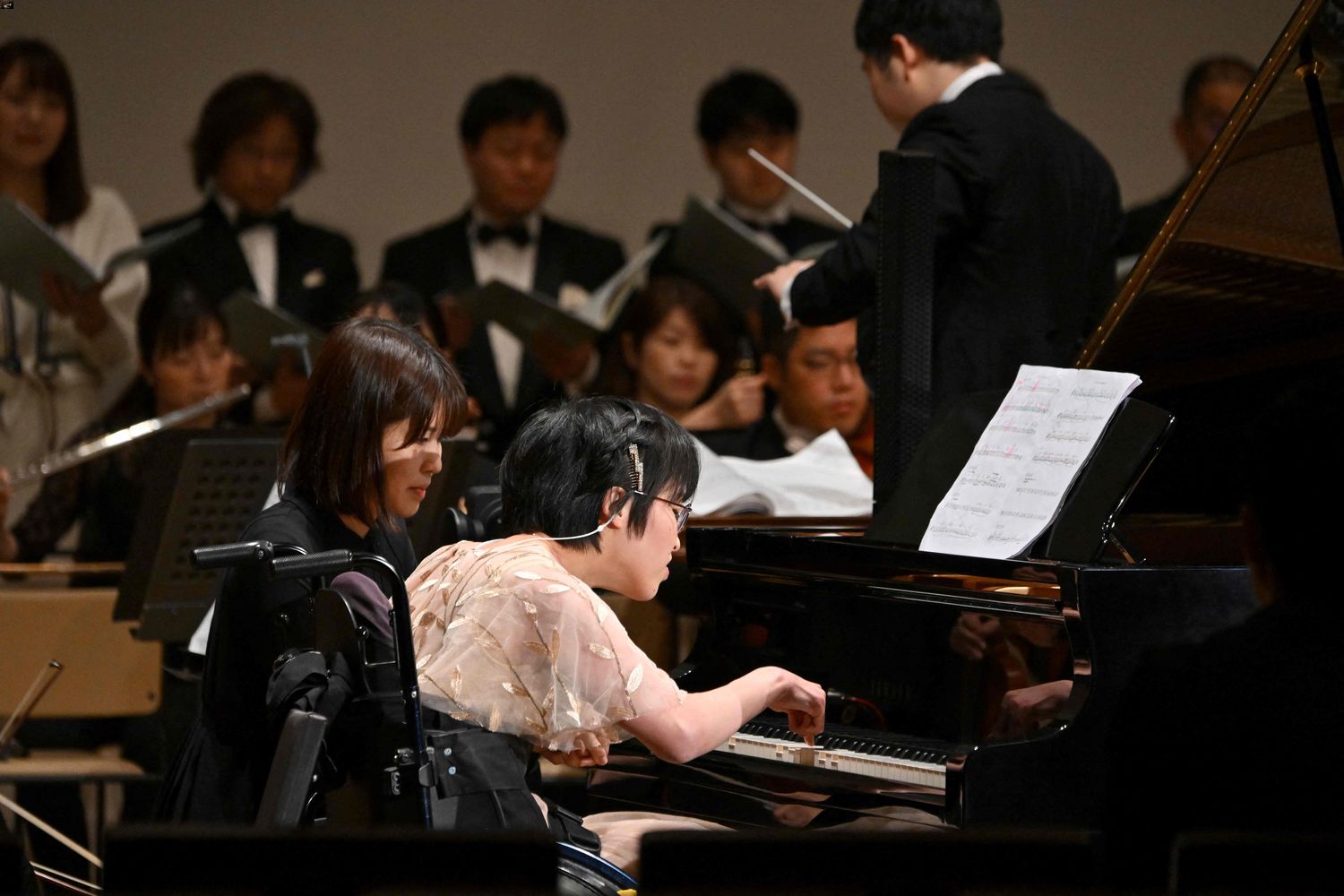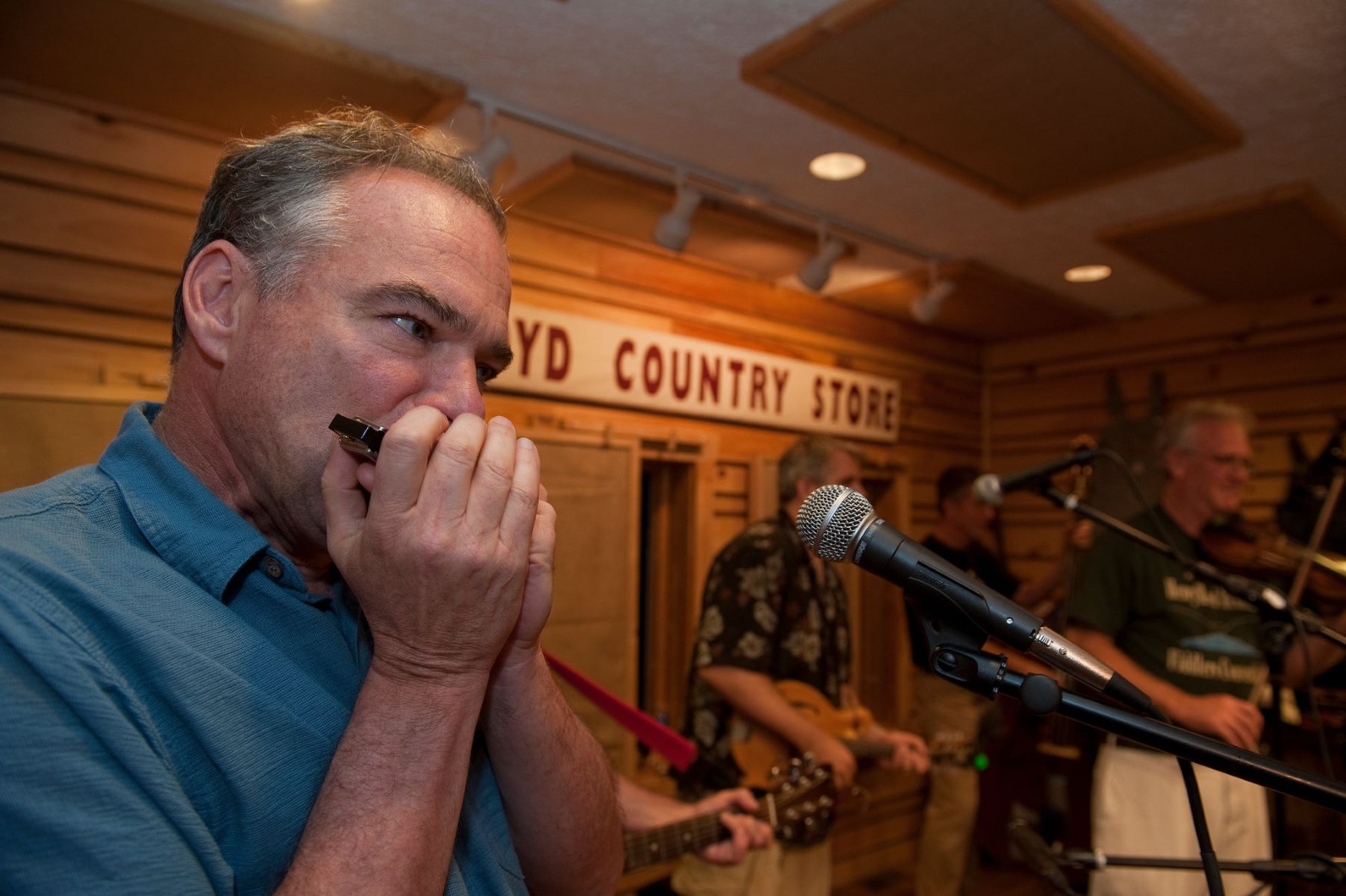Home>Instruments>Piano>How Did Ray Charles Learn To Play Piano


Piano
How Did Ray Charles Learn To Play Piano
Published: February 9, 2024
Discover how Ray Charles mastered the piano and learn from his journey. Explore the inspiring story of how he became a legendary pianist. Unlock the secrets to his piano-playing prowess today!
(Many of the links in this article redirect to a specific reviewed product. Your purchase of these products through affiliate links helps to generate commission for AudioLover.com, at no extra cost. Learn more)
Table of Contents
Early Life and Childhood
Musical Prodigy: Ray Charles' Early Years
Ray Charles, the legendary musician, was born on September 23, 1930, in Albany, Georgia. His childhood was marked by adversity as he lost his sight at the tender age of seven due to glaucoma. Despite this significant challenge, Charles exhibited an extraordinary musical talent from a very young age. Growing up in a household filled with music, he was exposed to various genres, including blues, jazz, and gospel, which would later influence his distinctive musical style.
Even in his early years, Charles displayed an innate ability to play the piano by ear, a skill that would become a defining aspect of his musical career. His mother, Aretha Robinson, played a pivotal role in nurturing his musical talent and encouraging his passion for music. It was during this formative period that Charles developed a deep connection with the piano, using it as a means of expression and escape from the challenges he faced.
Despite the obstacles he encountered, Charles’ early years were characterized by an unwavering determination to pursue his musical aspirations. His resilience and unwavering passion for music laid the foundation for his remarkable journey as a pianist and composer.
Musical Influences
Exploring Diverse Musical Styles
Ray Charles’ musical influences were as diverse and dynamic as his own groundbreaking contributions to the world of music. His exposure to various genres during his formative years significantly shaped his unique musical style. Charles drew inspiration from the rich tapestry of musical traditions, incorporating elements of blues, jazz, gospel, and R&B into his distinctive sound.
One of the most profound influences on Charles’ musical journey was the rich heritage of gospel music. Growing up in the church choir, he developed a deep appreciation for the emotive and soul-stirring power of gospel music. This early exposure laid the groundwork for the profound spiritual and emotional resonance that permeated his musical compositions.
Furthermore, Charles’ immersion in the vibrant world of jazz and blues music during his adolescence had a profound impact on his artistic development. He was deeply influenced by the works of renowned jazz pianists such as Art Tatum and Nat King Cole, whose virtuosity and innovation inspired Charles to push the boundaries of traditional musical conventions.
Moreover, his encounters with the raw and impassioned expression of blues music left an indelible mark on his musical sensibilities, infusing his compositions with a profound sense of authenticity and emotional depth.
Charles’ ability to seamlessly fuse these diverse musical influences into a cohesive and revolutionary sound set him apart as a trailblazing artist. His willingness to transcend genre boundaries and defy musical norms cemented his status as a pioneering figure in the evolution of contemporary music.
Education and Training
Cultivating Musical Expertise
Ray Charles’ musical journey was shaped not only by his innate talent but also by his dedication to honing his craft through formal education and rigorous training. Despite facing the challenges of blindness from an early age, Charles was determined to pursue a comprehensive musical education that would equip him with the skills and knowledge necessary to thrive as a pianist and composer.
During his formative years, Charles attended the St. Augustine School for the Deaf and the Blind in Florida, where he received formal training in music theory, composition, and performance. This foundational education provided him with a solid understanding of musical structure and technique, allowing him to expand his creative horizons and refine his artistic expression.
Furthermore, Charles’ insatiable thirst for musical knowledge led him to immerse himself in a wide array of musical styles and traditions. He delved into the works of classical composers, studying their compositions and techniques to broaden his musical repertoire and deepen his understanding of the piano as an instrument of boundless potential.
Additionally, Charles sought mentorship from accomplished musicians who recognized his exceptional talent and provided invaluable guidance and tutelage. Through these formative experiences, he gained insights into the nuances of performance and composition, further enriching his musical prowess.
Charles’ commitment to continuous learning and refinement propelled him to new heights of musical excellence, laying the groundwork for his groundbreaking contributions to the world of music. His dedication to education and training serves as a testament to the transformative power of perseverance and the relentless pursuit of artistic mastery.
Overcoming Adversity
Resilience in the Face of Challenges
Ray Charles’ remarkable journey was marked by a steadfast resilience that enabled him to surmount formidable challenges and transcend societal barriers. His blindness, which he experienced from childhood, presented a profound obstacle, yet Charles refused to allow it to hinder his pursuit of musical excellence.
Despite the prevailing prejudices and limitations imposed on individuals with disabilities during his era, Charles fearlessly defied societal norms, forging a path that would not only redefine the landscape of music but also challenge perceptions of ability and potential.
His unwavering determination and unwavering commitment to his craft enabled him to carve out a space for himself in the music industry, earning widespread acclaim and recognition for his unparalleled talent and innovation.
Furthermore, Charles’ advocacy for the rights and dignity of individuals with disabilities exemplified his commitment to effecting positive change beyond the realm of music. His resilience in the face of adversity serves as an enduring testament to the power of the human spirit to triumph over adversity and inspire others to embrace their inherent potential.
Legacy and Impact
An Enduring Musical Legacy
Ray Charles’ indelible imprint on the world of music transcends the boundaries of time, leaving an enduring legacy that continues to resonate across generations. His revolutionary contributions and profound influence have left an indelible mark on the evolution of contemporary music, shaping the artistic landscape in profound and multifaceted ways.
One of Charles’ most enduring legacies is his groundbreaking fusion of diverse musical genres, a pioneering approach that defied traditional conventions and redefined the possibilities of musical expression. His innovative blend of blues, jazz, gospel, and R&B laid the groundwork for the emergence of soul music, inspiring countless artists and reshaping the trajectory of popular music.
Furthermore, Charles’ unparalleled skill as a pianist and composer set new standards of virtuosity and creativity, earning him accolades as one of the most influential musicians of the 20th century. His emotive and soul-stirring performances continue to captivate audiences worldwide, leaving an indelible impression that transcends cultural and temporal boundaries.
Beyond his musical contributions, Charles’ unwavering advocacy for social justice and equality cemented his status as a transformative figure whose impact extended far beyond the realm of music. His fearless pursuit of artistic and personal freedom served as a beacon of inspiration for future generations, igniting a spirit of resilience and empowerment that reverberates through his music and activism.
Ray Charles’ enduring legacy serves as a testament to the transcendent power of music to unite, inspire, and provoke meaningful change. His influence continues to permeate the fabric of contemporary music, ensuring that his profound impact will be felt for generations to come.











